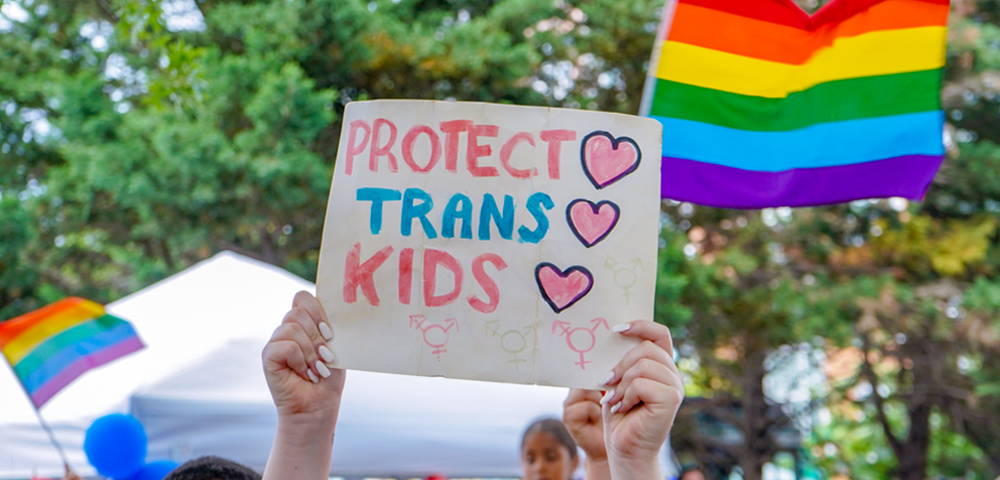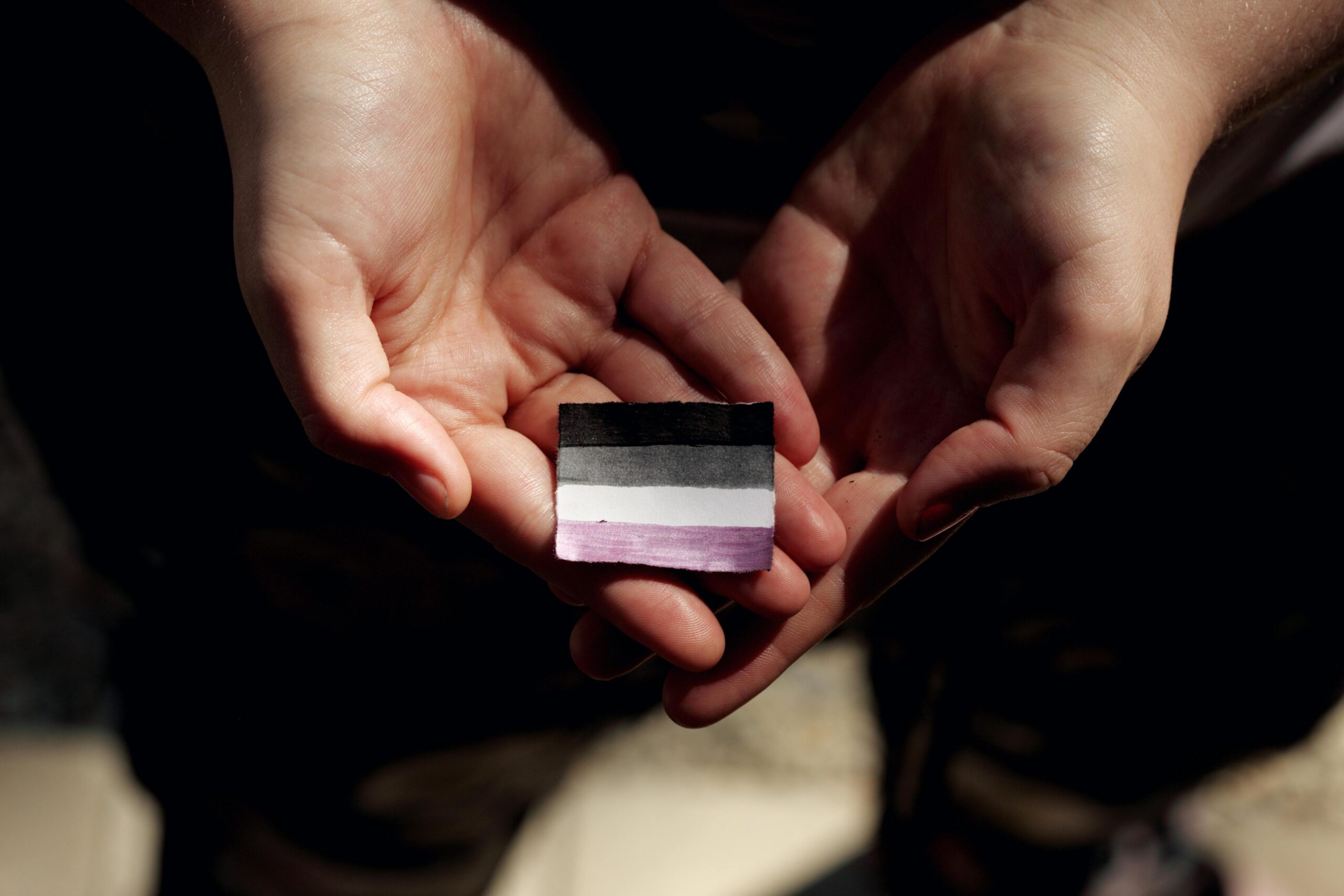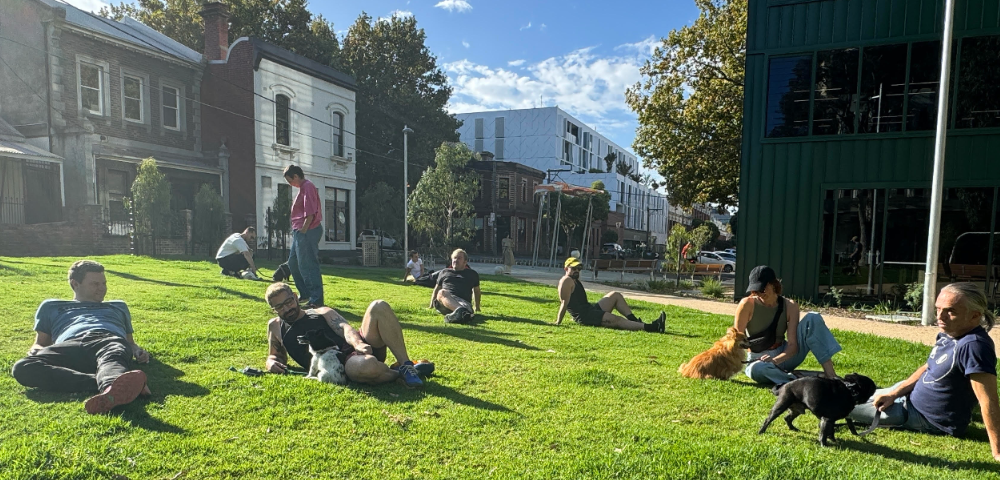
Intersex and surgery
One of the most controversial and confronting issues for intersex advocacy is surgical interventions at the time an intersex child is born and the nine or 10 years after.
For the most part surgical interventions on intersex children are not life-preserving. Few are born so physically different that there is some kind of threat to their life or physical wellbeing.
Surgical interventions at this time usually are conducted to confirm and reinforce gender assignment. Gender assignments are made on a ‘most likely mix’ basis. That is internal and external assessments of the child’s physicality are conducted and then a geneticist is called in.
Genetic makeup is now, for medical experts, the most powerful determinant of a child’s likely gender role. XY for boys, XX for girls.
Assignments are made on the basis of what are essentially homophobic reactions to different physical anatomies, particularly genital differences. In essence intersex infant surgery seeks to normalise genitals so there is sex binary certainty.
Thus the child might grow up to be a penetrator or penetratee in a hetronormative relationship.
Intersex children who eventually seek same-sex partners are still considered to be a failure of assignment by most assigning medical experts.
In arguing against early interventions most intersex advocates seek some form of consensual involvement from the child and free, prior and fully informed consent for all involved. For children, such consent should include reaching an age where they can participate in decisions that will make irreversible and life-changing differences to them. That age differs from situation to situation.
For advocates this is the most fraught of all those things where we seek to bring about changes in legislation and medical practices. Those of us who have experienced childhood surgical interventions are intensely aware of the enormous consequences to not only our own lives but to those of our parents and siblings.
The decision that parents, as guardians, must make seems for them on first blush to be a straightforward one — take the advice of a doctor who is likely to be offering what at first appears to be a cure.
If in time the assignment made at birth proves to be wrong or the surgery is not as straightforward as it seemed, so that further and more invasive procedures are required, relationships between parent and child might buckle under the strain and never recover.
Fully informed parents and children might have a better chance in avoiding conflicts where the child disagrees about the things they have been subjected to.
For advocates avoiding pejorative or inflammatory terms such as mutilation when referring to interventions is essential. For all people involved in these situations, this is a challenging and delicate time. Encouraging parents and doctors past their prejudice in a society deeply rooted in binaries and covert phobias is difficult — it must be done with sensitivity nonetheless.
info: Visit www.oiiaustralia.com









